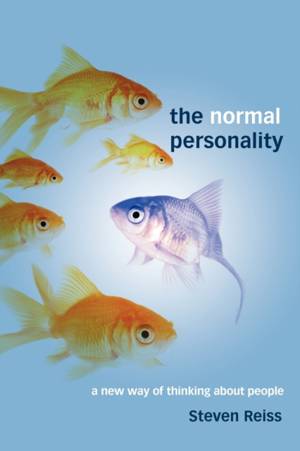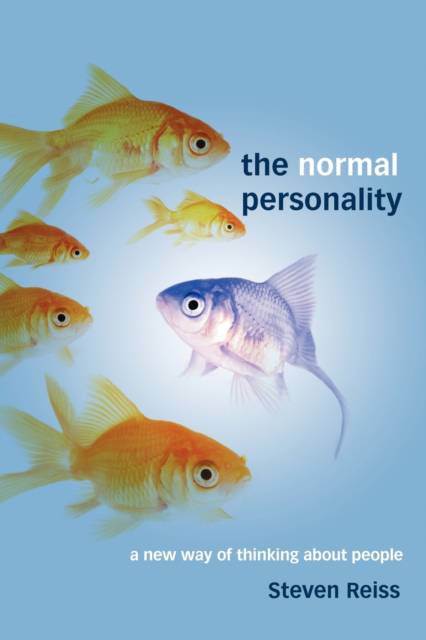
Door een staking bij bpost kan je online bestelling op dit moment iets langer onderweg zijn dan voorzien. Dringend iets nodig? Onze winkels ontvangen jou met open armen!
- Afhalen na 1 uur in een winkel met voorraad
- Gratis thuislevering in België vanaf € 30
- Ruim aanbod met 7 miljoen producten
Door een staking bij bpost kan je online bestelling op dit moment iets langer onderweg zijn dan voorzien. Dringend iets nodig? Onze winkels ontvangen jou met open armen!
- Afhalen na 1 uur in een winkel met voorraad
- Gratis thuislevering in België vanaf € 30
- Ruim aanbod met 7 miljoen producten
Zoeken
€ 36,45
+ 72 punten
Uitvoering
Omschrijving
Many Psychologists regard personality and mental illness as closely related. The shadow of Freudian analysis looms over modern psychopathology, driving many psychologists to try to understand their clients' personal troubles and personalities using constructs developed to study mental illness. They believe that dark, unconscious mental forces that originated in childhood cause personality traits, personal troubles, and mental illnesses. Steven Reiss thinks problems are a normal part of life. In The Normal Personality, Reiss argues that human beings are naturally intolerant of people who express values significantly different from their own. Because of this intolerance, psychologists and psychiatrists sometimes confuse individuality with abnormality and thus over-diagnose disorders. Reiss shows how normal motives, not anxiety or traumatic childhood experiences, underlie many personality and relationship problems, such as divorce, infidelity, combativeness, workaholism, loneliness, authoritarianism, weak leadership styles, perfectionism, underachievement, arrogance, extravagance, stuffed shirt-ism, disloyalty, disorganization, and overanxiety. Based on a series of scientific studies, this book advances an original scientific theory of psychological needs, values, and personality traits. Reiss shows how different points on motivational arc produce different personality traits and values. He also shows how knowledge of psychological needs and values can be applied in counseling individuals and couples. The author describes new, powerful methods of assessing and predicting motivated behavior in natural environments including corporations, schools, and relationships.
Specificaties
Betrokkenen
- Auteur(s):
- Uitgeverij:
Inhoud
- Aantal bladzijden:
- 212
- Taal:
- Engels
Eigenschappen
- Productcode (EAN):
- 9780521707442
- Verschijningsdatum:
- 15/06/2009
- Uitvoering:
- Paperback
- Formaat:
- Trade paperback (VS)
- Afmetingen:
- 155 mm x 235 mm
- Gewicht:
- 308 g

Alleen bij Standaard Boekhandel
+ 72 punten op je klantenkaart van Standaard Boekhandel
Beoordelingen
We publiceren alleen reviews die voldoen aan de voorwaarden voor reviews. Bekijk onze voorwaarden voor reviews.











